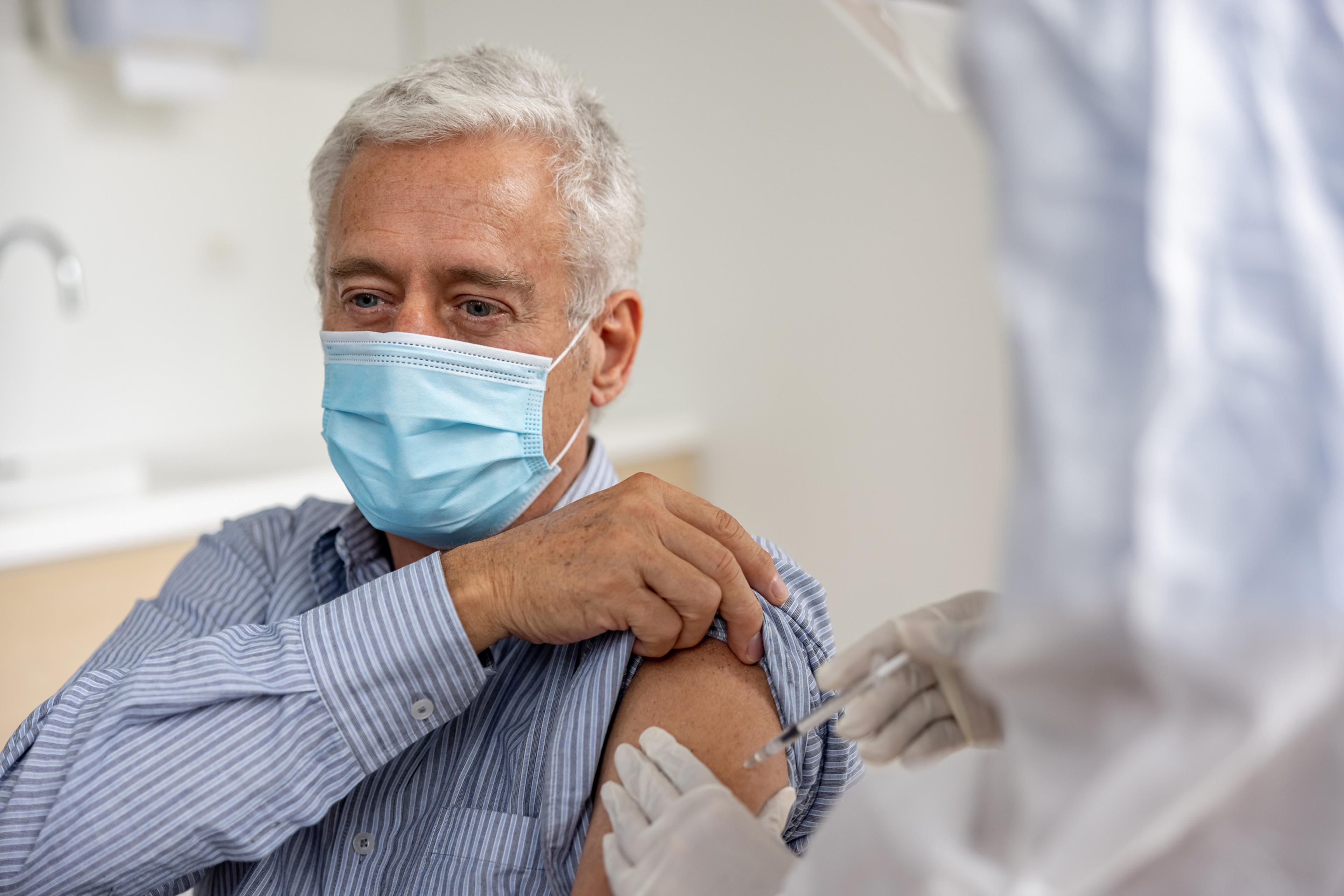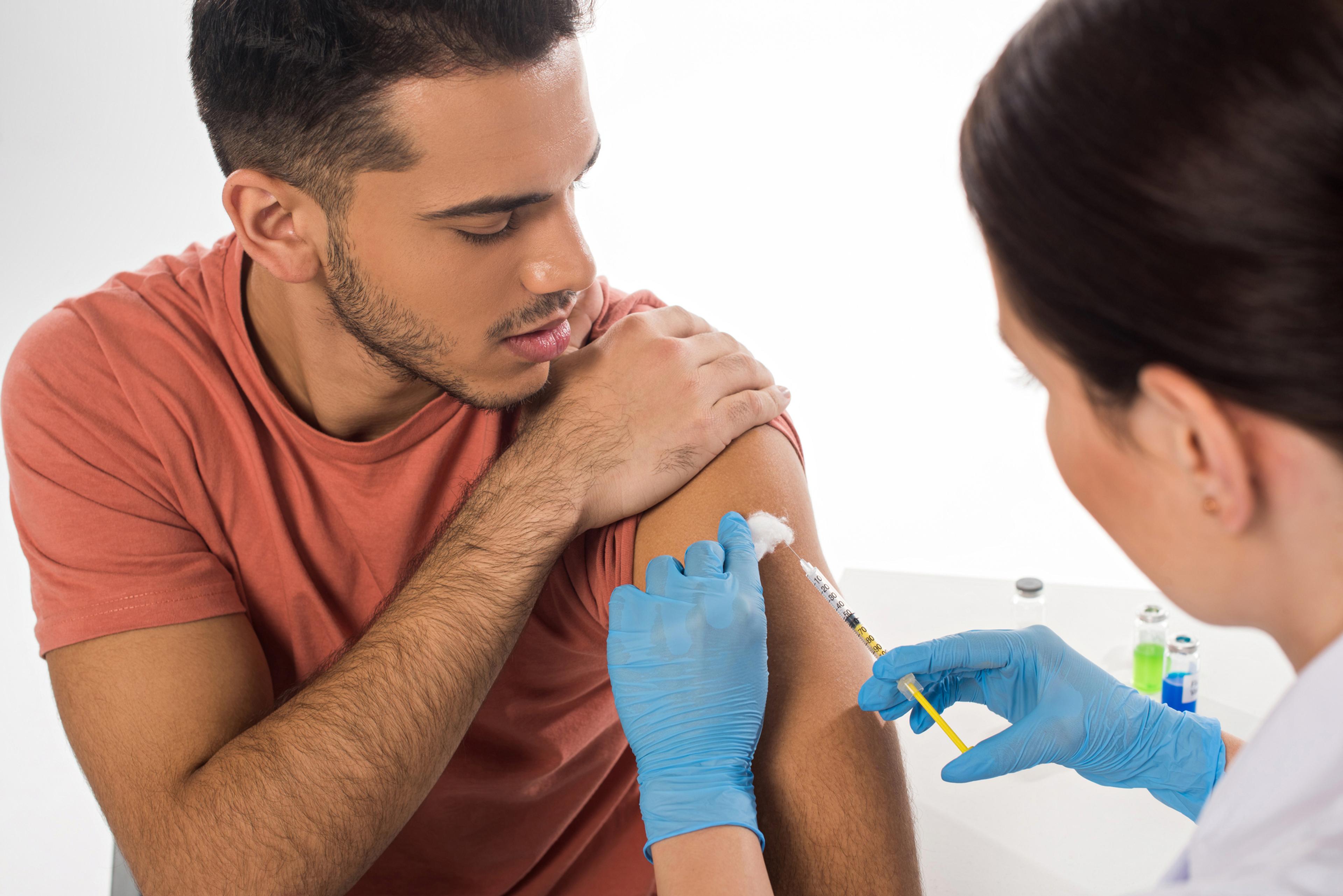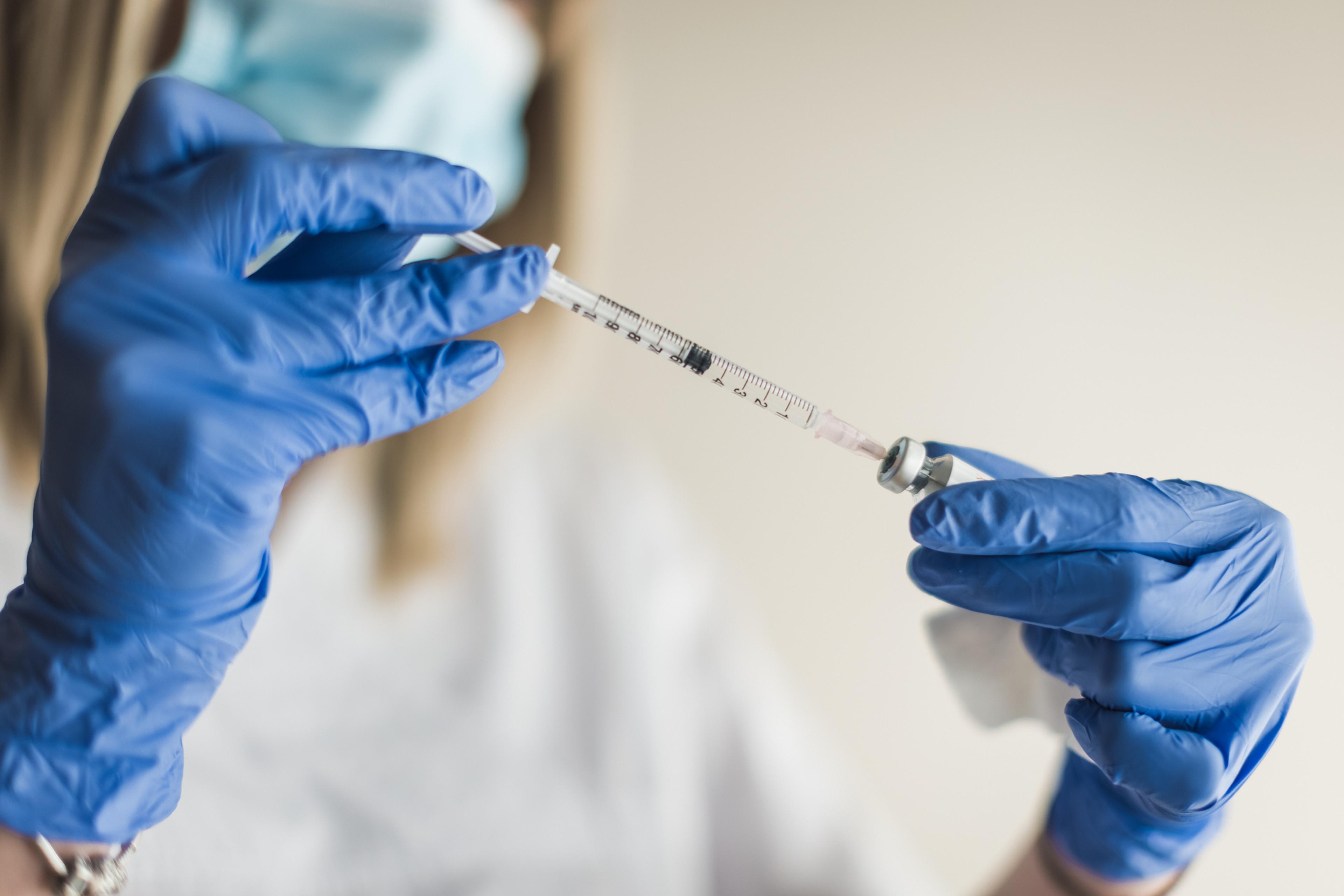Side Effects After COVID Vaccine Linked to Strong Immune Response
Amy Barczy
| 3 min read
Amy Barczy is a former brand journalist who authored...

Feeling feverish, achy or fatigued after getting a COVID-19 vaccine or booster dose? That may be a sign your immune system is working, according to health experts.
Now that COVID-19 vaccines have been widely available to the public, scientists have begun to analyze self-reported data from people who have received the vaccine.
A recent study of U.S. adults that had received the initial vaccination series (two doses) of the Pfizer and Moderna vaccines found a greater antibody response in the people who reported systemic symptoms when compared to the people who reported local symptoms or no symptoms. Everyone in the study had a positive antibody response to the vaccine.
Common side effects
According to the U.S. Centers for Disease Control and Prevention, side effects from the COVID-19 vaccine are common, mild and temporary. They can vary from person to person and often go away in a few days. Some individuals experience little discomfort, while others have side effects that interfere with their daily activities. Common side effects in adults can include:
- Pain, redness or swelling on the arm where you got the shot
- Systemic symptoms throughout the body including tiredness, headache, muscle pain, chills, nausea and fever
However, if you don’t experience side effects from a COVID shot, don’t worry. Your body is still building protection against the virus that causes COVID, according to the CDC.
Everyone who receives a COVID-19 vaccine should be monitored at the vaccination site for at least 15 minutes after vaccination. You may need to be monitored for longer if you have a history of severe allergic reactions in the past.
Severe allergic reactions to COVID-19 vaccination are rare but can occur. Severe allergic reactions can include:
- Difficulty breathing
- Drop in blood pressure
- Swelling of the tongue or throat
- Generalized rash or hives
Managing side effects
Most side effects from COVID vaccination are mild and temporary. Here are some tips from the CDC for adults to help manage them:
- On the arm where you got the shot, keep moving your arm after vaccination and apply a clean, cool, wet washcloth to the area. Rest the arm.
- To manage a fever, dress comfortably and drink fluids to stay hydrated. Ask your doctor if you can take an over-the-counter medication like ibuprofen, acetaminophen or aspirin. Do not take these medications before getting vaccinated as it may interfere with the vaccine’s effectiveness.
After receiving a COVID-19 vaccine, you can report any side effects you may experience to the CDC in two ways:
- V-safe, a smartphone-based tool, provides quick and confidential health check-ins via text messages and web surveys
- Vaccine Adverse Event Reporting System can be used by you or your healthcare provider to report a side effect, adverse event, or reaction from COVID-19 vaccine
Get vaccinated
COVID-19 vaccines are safe, effective and widely available in preventing severe illness. Everyone aged six months old and up is eligible to receive a COVID vaccine. For adults and children over the age of 5, staying up to date on COVID-19 vaccination means you need booster shots. There are updated booster doses available that have been updated to target the Omicron variant in circulation, as well as the original strains that were covered by previous vaccines.
- Check the CDC’s online tool see if you are eligible for a booster dose
- Find a vaccination location near you by visiting vaccines.gov
Find more news and information on COVID-19 vaccines here on MIBluesPerspectives.com.
Photo credit: Getty Images





